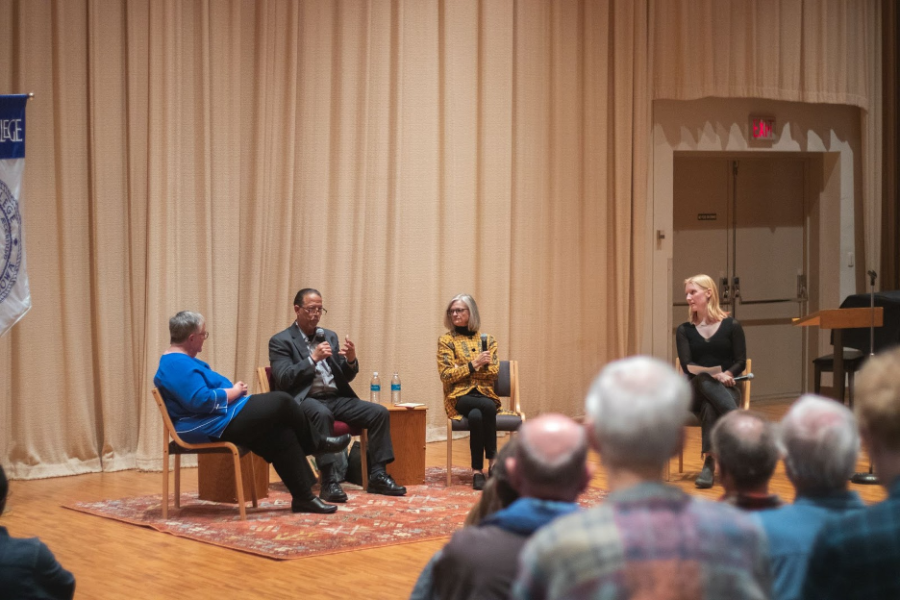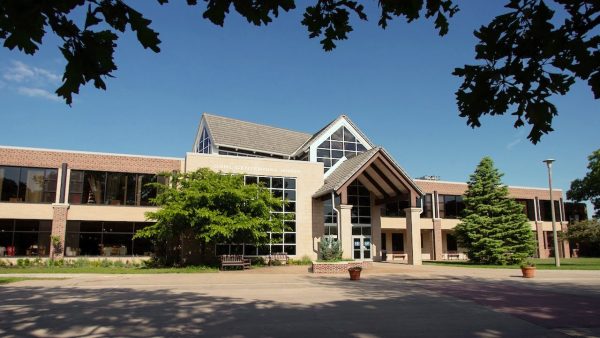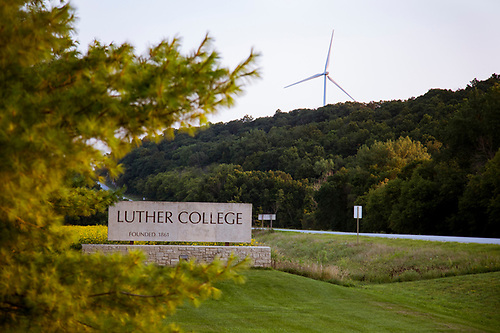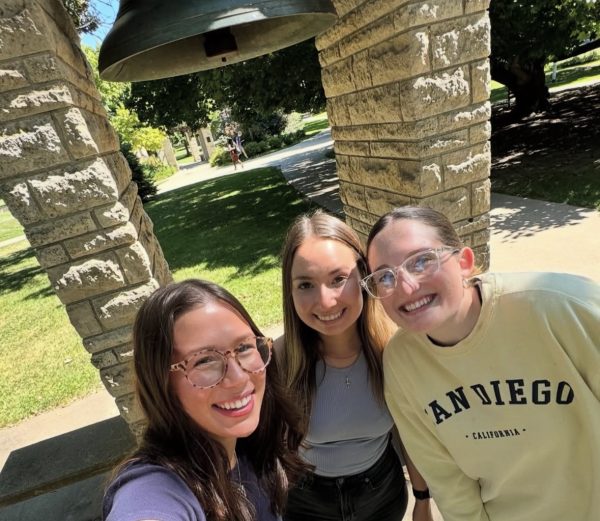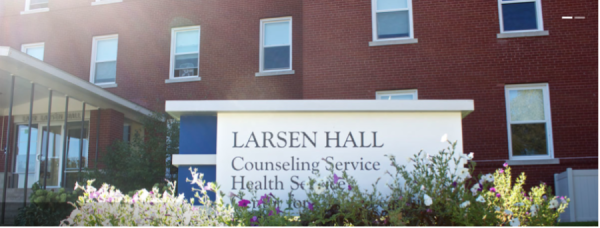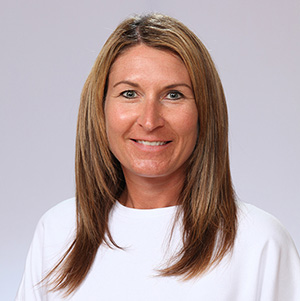Luther hosts Phoebe Ferguson and Keith Plessy for “Common Cause”
On Wednesday, April 1, from 7 to 8 p.m., Phoebe Ferguson and Keith Plessy spoke with Luther College President Jenifer K. Ward in the Center for Faith and Life Recital Hall. Phoebe Ferguson and Keith Plessy are descendants of those involved in the 1896 U.S. Supreme Court case Plessy v. Ferguson. This was a landmark decision in the history of American law which established the precedent of “separate but equal”, which made segregation legal in the United States. During the conversation, Ferguson and Plessy talked about how they came together for a common cause, their philosophies and practices of activism, the Plessy and Ferguson Foundation, and some of their accomplishments they’ve achieved since the foundation was established.
The conversation was moderated by Luther College President Jenifer K. Ward. She asked Ferguson and Plessy how their foundation was started and their thoughts about Homer Plessey being pardoned more than a century after he was convicted as a criminal.
“We met in 2004 after an author writing about both of our ancestors introduced us to each other,” Plessy said. “We talked and decided that it was no longer going to be Plessy [versus] Ferguson but Plessy and Ferguson, which later became the name of our foundation.”
The President’s Office and the Center for Ethics and Public Engagement (CEPE) sponsored the event. Associate Professor of English and Director of CEPE Andy Hageman, mentioned the importance of such events to the Luther community.
“This conversation was an opportunity for our community members to meet and chat with Plessy and Ferguson, an opportunity one does not get every day,” Hageman said. “These conversations have led to people thinking more about what we are making of our time at Luther and how we can use this space to enact positive change.”
Ferguson talked about the legal process of getting Homer Plessy pardoned. She expressed how that was a huge step toward reconciliation and reducing past harm done to black people in the U.S. Ferguson went on to speak about the public’s reaction to the pardon.
“The reception from the public when the pardon was signed was one of relief and hope for justice for marginalized people in the [United States,]” Ferguson said. “People never thought that after 125 years Homer would receive justice, but he did, and that gave them hope.”
One student who attended the conversation was Rachel Jorgensen (‘26). She had learned about the Plessy v. Ferguson case and was curious to hear the stories of those involved.
“I liked that they made it clear that they are now Plessy and Ferguson, not Plessy v. Ferguson as we all learned, highlighting the power of unity and togetherness,” Jorgensen said.
At the end of the conversation, Plessy and Ferguson were asked student-submitted questions about how people should discuss racism in the classroom, obstacles surrounding racial education, and how their foundation memorializes historical events and figures.
For more information about Plessy and Ferguson visit the foundation’s website here.

